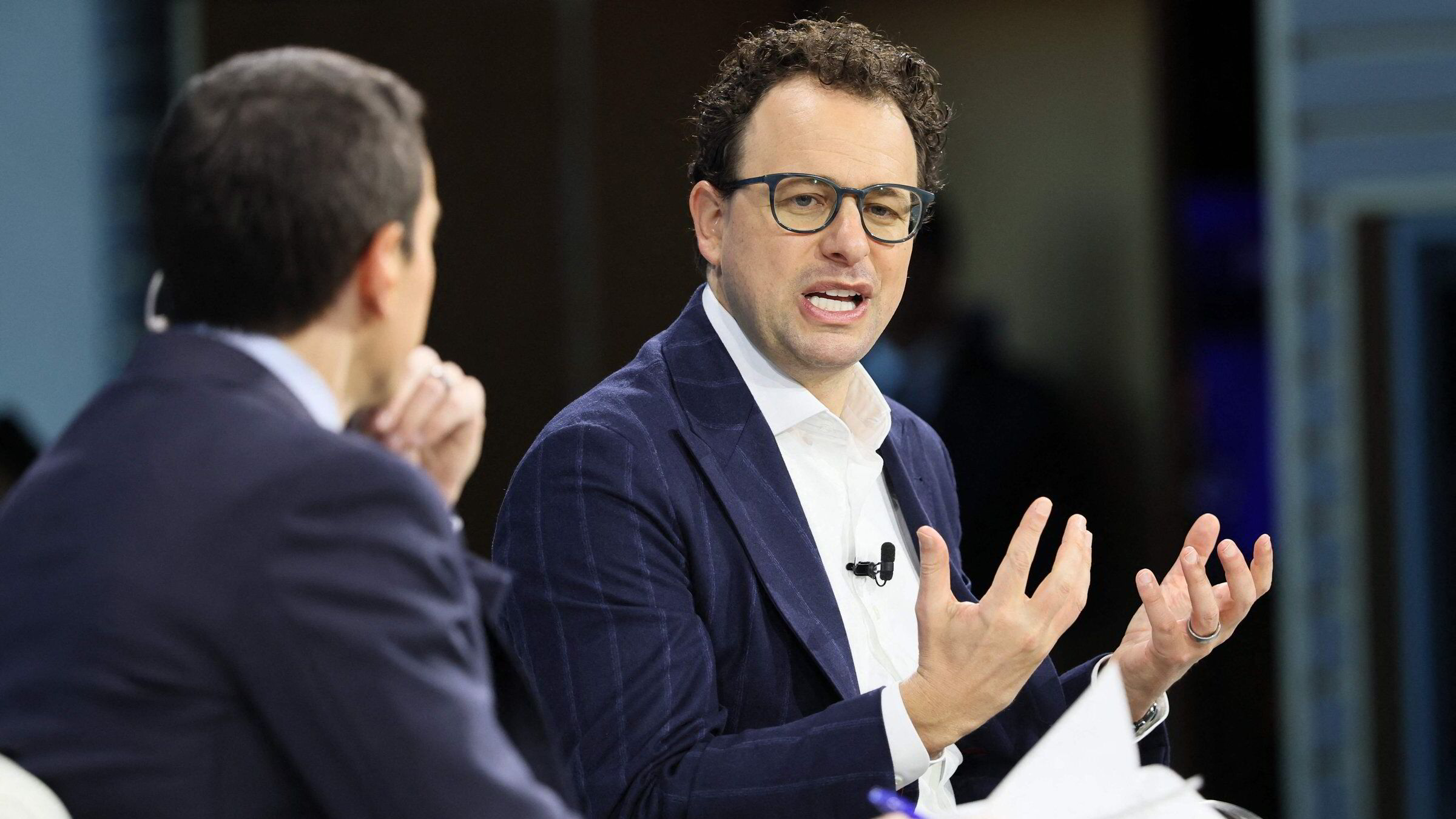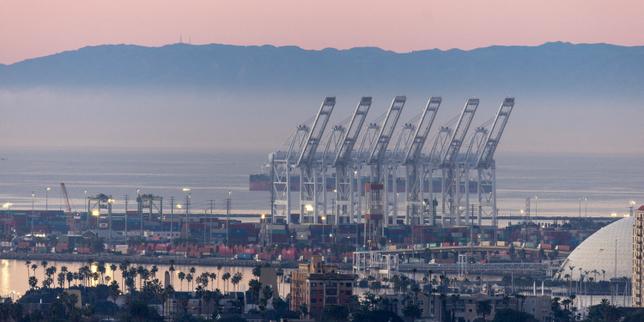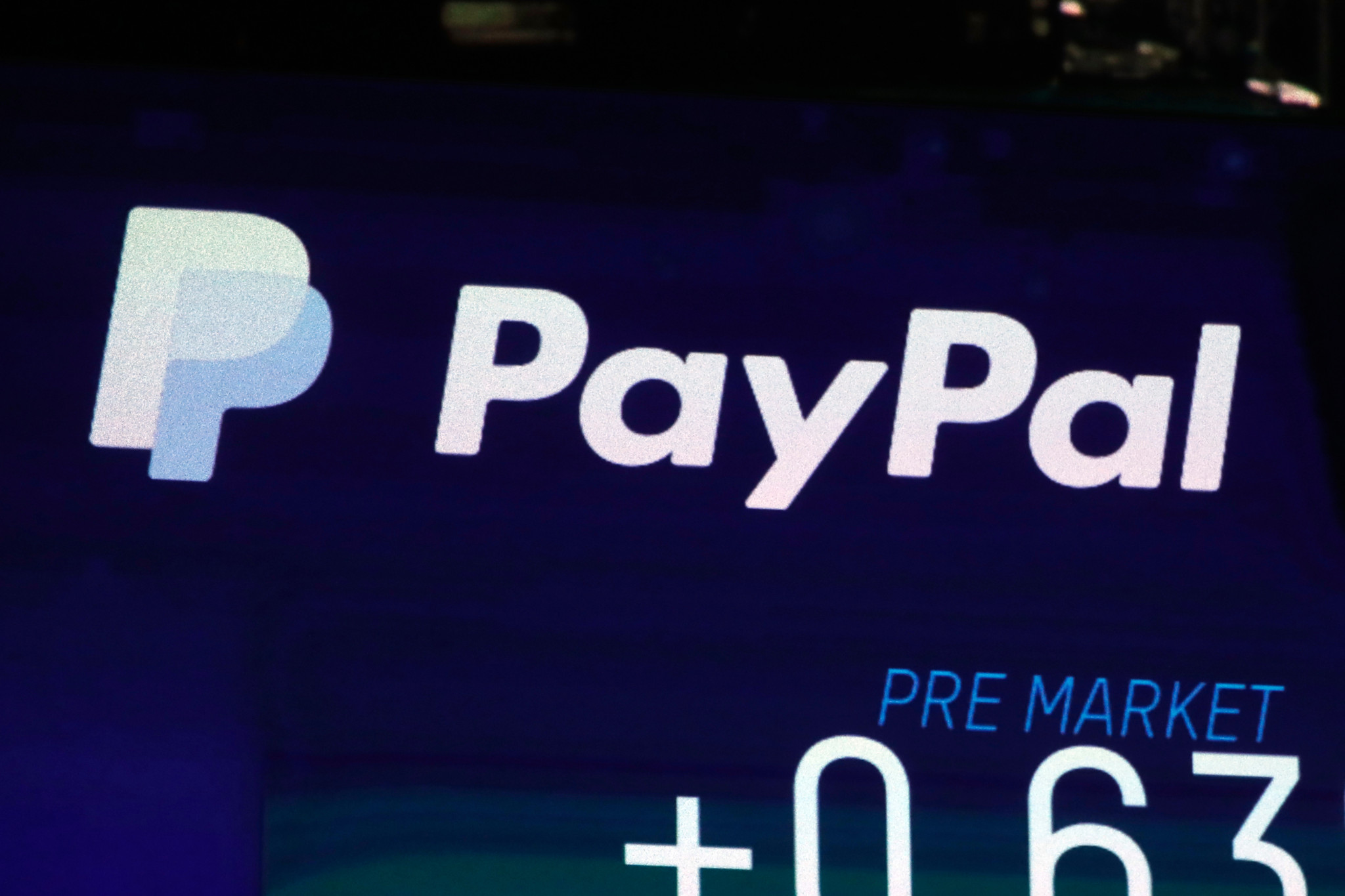Economics
Anthropic released a new AI agent, prompting a global sell-off that erased roughly $300 billion in market value from software and B2B service stocks, analysts said.

Gold and silver prices rose in global markets as investors sought safe havens amid U.S.–Iran tensions and dollar turbulence that also kept oil traders on edge.

Germany's foreign intelligence service, the BND, said Russia's military spending was up to 66% higher than its official defense budget and had risen each year since the Ukraine war.

Eurozone inflation fell in January, driven largely by lower energy prices, ahead of the ECB's Thursday policy meeting, though outlets conflicted on the exact January rate.

Federal Reserve Governor Stephen Miran resigned from his White House economic advisory post, ending a controversial dual role that drew criticism for conflicts as his Fed term continued.

President Donald Trump reinstated the African Growth and Opportunity Act, restoring tariff-free access for 30 African countries to U.S. markets through Dec. 31, 2026, retroactively.

Good cocoa harvests in West Africa pushed commodity prices down and made some supermarket-brand chocolate in Germany slightly cheaper, though experts said prices were unlikely to return to previous levels.

PayPal replaced CEO Alex Chriss after a disappointing quarter, its shares plunged, and the company named Enrique Lores to succeed him in March, Spiegel reported.

Premier League clubs dominated the winter transfer market globally, while LaLiga recorded one of its weakest windows and Atlético de Madrid accounted for the majority of Spain's spending.


